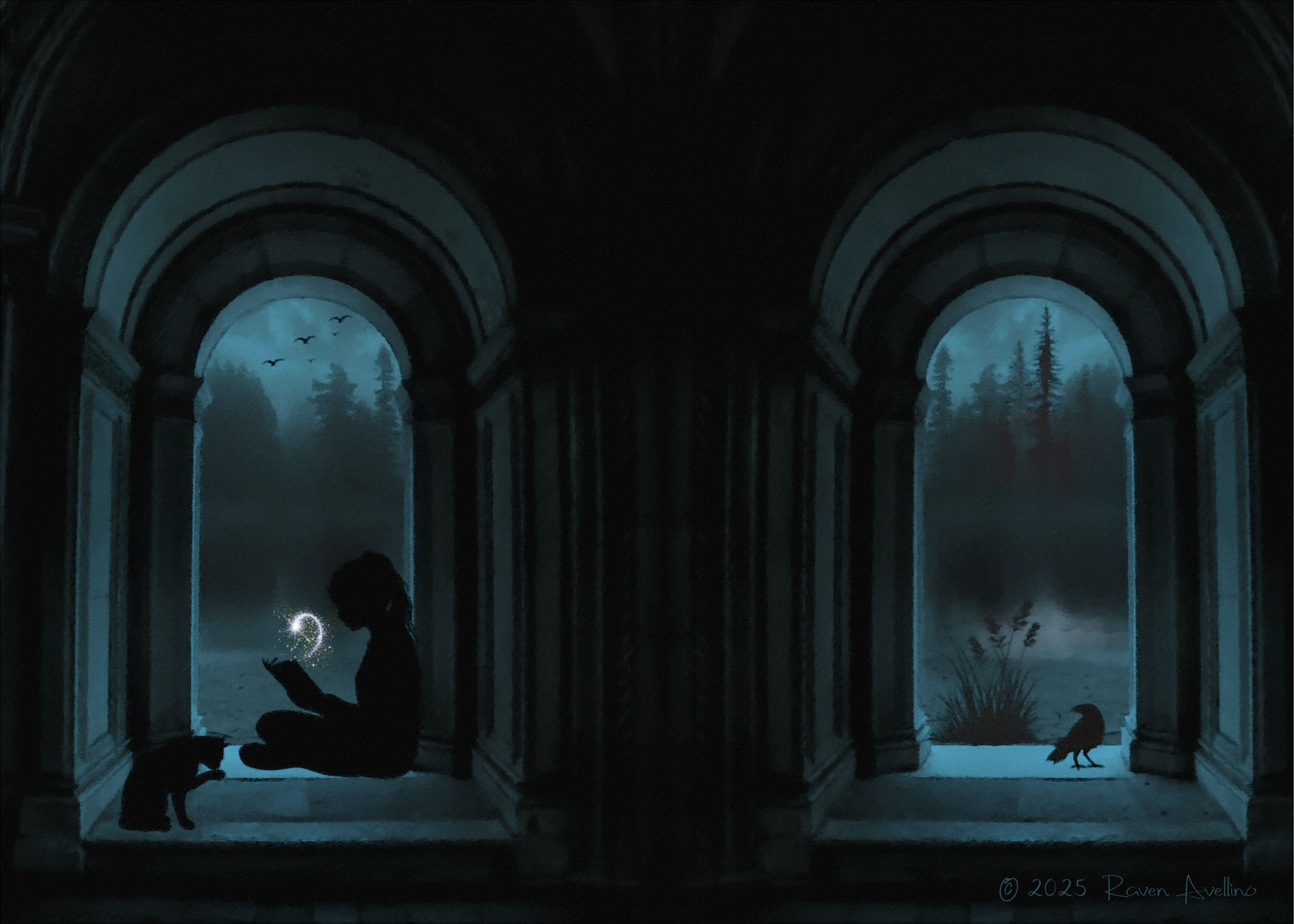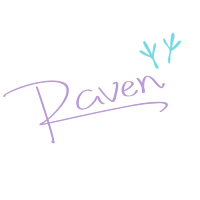The Comfort of Fictional Oppression
Dystopian romance helps me make sense of a world that doesn’t. It’s not about escape. It’s about connection, catharsis, and holding onto something human.

Why I Read Dystopian Romance When Reality Is Already Scary
Some people meditate. Some people garden. I crack open a book where the world’s on fire and the love interest has blood on his hands. I read dystopian romance to feel better. It sounds unhinged, but it works.
These stories aren’t exactly relaxing. There’s surveillance, propaganda, famine, forced breeding programs, and at least one scene where someone says, “We shouldn’t be doing this,” right before doing it anyway.
For me, reading (and writing) romance novels isn’t escapism in the way people think. It’s not about checking out. It’s about finding something that lets me feel—rage, grief, tenderness, relief—without needing to explain any of it.
It’s not because I’m detached from the real world. It’s because I’m painfully aware of it.
Why We Find Comfort in Fictional Chaos
When real life feels like it’s vibrating with uncertainty, it’s weirdly calming to sink into a fictional version that’s even worse.
Dystopian romance doesn’t sugarcoat anything. It just gives the chaos shape. It lets readers crawl inside a story that mirrors our world just enough to feel familiar, then pushes everything to the edge so we can safely experience the terror, the fight, and the fragile relief that comes after.
It also gives us a break from doomscrolling by offering something we don’t always get in real life: emotional resolution. Especially if it’s messy.
Love and Justice in Dystopian Fiction
There’s something healing about watching everything fall apart on purpose.
Dystopian romance doesn’t look away from injustice. It stares it down. It asks what happens next. It lets the characters rage, grieve, fight, and fall in love anyway.
The love stories aren’t side plots. They’re survival. They’re resistance. They’re a way to say: “I see you. I still believe you’re human.”
Sometimes, when the real world feels like a mess I can’t fix, I need to watch fictional characters burn it down. There’s catharsis in watching someone rip the system apart, torch the bad guy’s compound, and kiss the rebel leader with blood on her lip. It reminds us that destruction isn’t always the end—sometimes, it’s the beginning of something else—something earned or reclaimed.
These stories don’t present love as a cookie cutter plot device. Love is part of the survival. They show what it looks like to keep choosing connection, even when everything is engineered to break you down. In this way, love becomes an act of defiance, and a way to rehumanize people who’ve been dehumanized by systems that disregard nuance, pain, or personhood.
Even if it’s messy and conditional and layered with grief. Maybe especially then.
Validating Our Reactions Through Fictional Struggle
There’s a strange relief in reading about a world worse than ours. A place where things are undeniably bad. You don’t have to question whether you’re overreacting. You don’t have to gaslight yourself into optimism. When the system is obviously evil, no one tells you to calm down or wait and see how it plays out. And when they fight back, no one accuses them of being “hysterical.”
That’s part of the magic. Dystopian romance validates our reactions. It gives us emotional permission to feel angry, overwhelmed, even hopeless—without having to explain ourselves or be told we’re overreacting. But here’s the thing—sometimes, that kind of validation is what keeps us going.
And then it offers something even better: characters who survive those feelings. Who carry them, shoulder to shoulder with someone else. Who let themselves fall in love without having to be fully healed first. That survival feels earned. It feels like a blueprint.
What I Mean When I Say “Broken”
These characters—mine included—are often called broken. It’s a word readers use with affection, but let’s talk about that for a second.
“Broken” can feel poetic. But it can also echo the very thing the character is fighting against: the idea that people are only valuable if they’re whole.
Mental health professionals today often use language like wounded, traumatized, survivor, or in recovery—terms that honor the person’s experience without implying they’re defective. These characters aren’t broken. They’ve been cracked open. And instead of hiding the damage, they live through it. Sometimes they even love through it.
Why I Read and Write Dystopian Romance in a World That Feels Hopeless
We’ve lived through times when the world felt unrecognizable (like now). There are days when I can’t check the news without a sinking, full-body dread. During these times, writing isn’t just an outlet. It’s how I stay upright. Dystopian romance is one of the few things that make sense to me. It acknowledges the world is terrifying, but it reminds us that vulnerable people still matter.
I don’t write dystopian romance to escape reality. I write it to engage with it. Quietly, insistently, sometimes through sarcasm and sex scenes, but always with a purpose.
My stories are full of control, fear, injustice, and the slow, stubborn pushback that starts when one person says no. That resistance might begin as a whispered refusal. It might look like grief. It might look like love.
I write about what it means to survive systems that want to erase you. I write about what it means to find connection when everything around you is engineered to isolate. And I write about people who have every reason not to trust, and do it anyway.
Not because it’s romantic in the soft-focus way. But because it’s human.
It’s how I remind myself that surviving is a story worth telling. And so is falling in love, even when everything around you is crumbling.
Finding Intimacy in the Wreckage
So yes. The world in these stories is terrifying. So is ours.
But there’s something strangely steadying about watching people fight back, not because they’re fearless, but because they’re tired.
There’s comfort in watching characters choose love, even when everything around them says it’s a bad idea. There’s comfort in seeing people try to heal. In pieces. In pauses. In moments where it doesn’t look like healing at all.
Even in the darkest stories, someone reaches out. Maybe not always with a fix. Maybe just a moment of connection that says, “You matter.”
Dystopian romance doesn’t offer safety. It offers solidarity.


